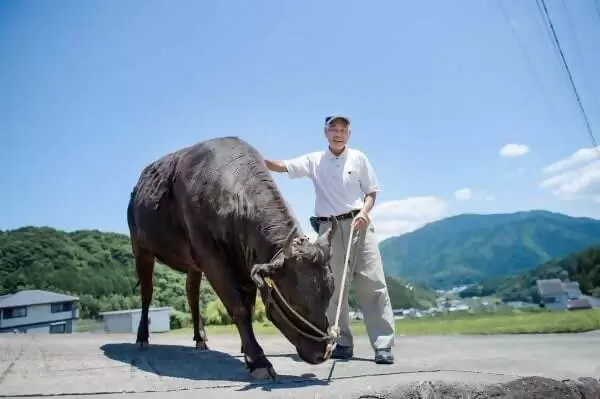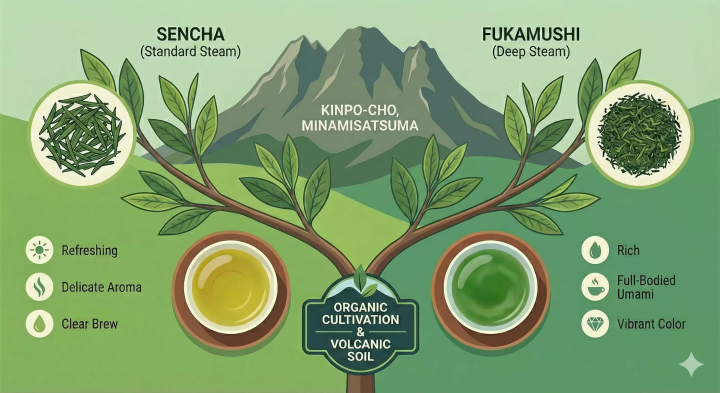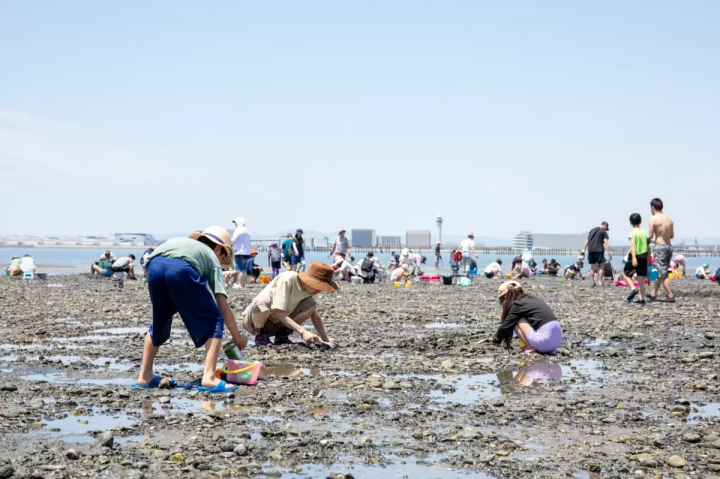4 Best Breakfast Spots in Kyoto to Jump Start the Morning

Kyoto is a great place to enjoy a nutritious, traditional breakfast in Japan. This article recommends four Japanese restaurants picked by a local. Out of the many excellent eateries in Japan's ancient capital, here are several spots that are reasonably priced and filling!
A Japanese Breakfast Enjoyed in Kyoto
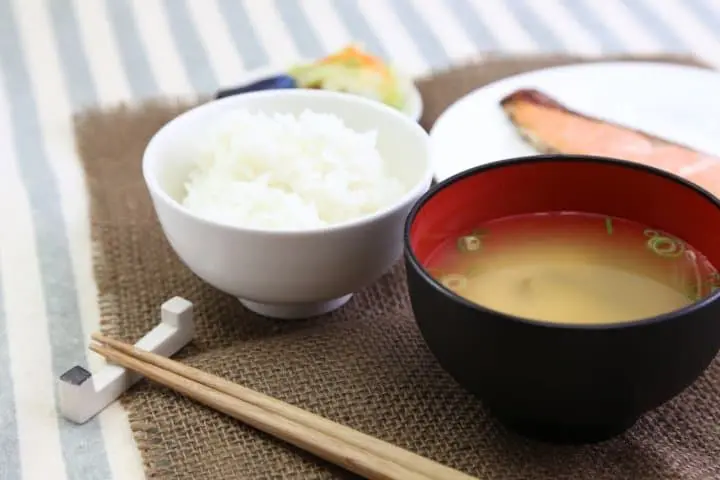
Breakfast is a must to start the day off right. Have you ever tried an authentic Japanese-style breakfast with white rice, miso soup, and grilled fish?
This time we will introduce four amazingly delicious Japanese breakfast spots in Kyoto, curated by a local!
1. Obanzai Buffet at IZAMA
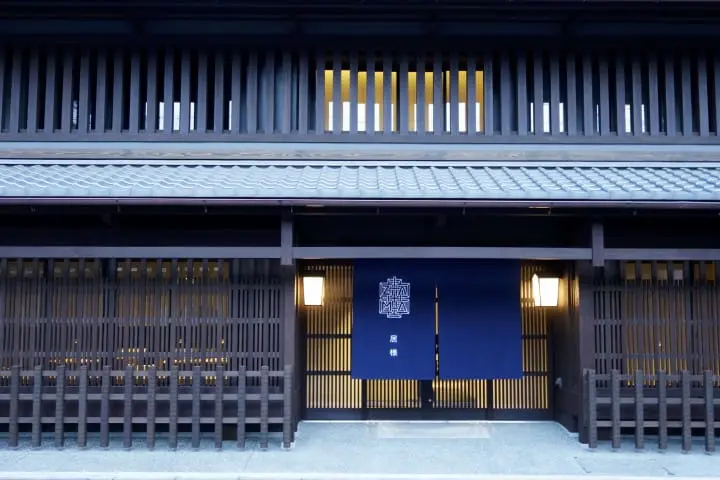
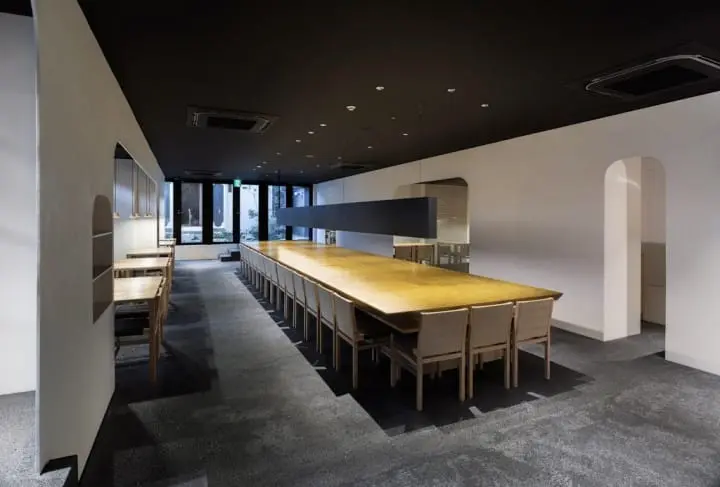
Picture courtesy of IZAMA
Mitsui Garden Hotel Kyoto Shinmachi Bettei is northwest of central Kyoto in Shijo Karasuma, where the Japanese restaurant IZAMA is located on the first floor.
Once you walk through the dark blue noren, you will find a calm and chic Japanese-style interior. The white shikkui (*1) walls and private rooms using the storehouse structure is unique.
*1 Shikkui: A paint used for walls and ceilings. It is made using limestone, clay, water, and funori glue.
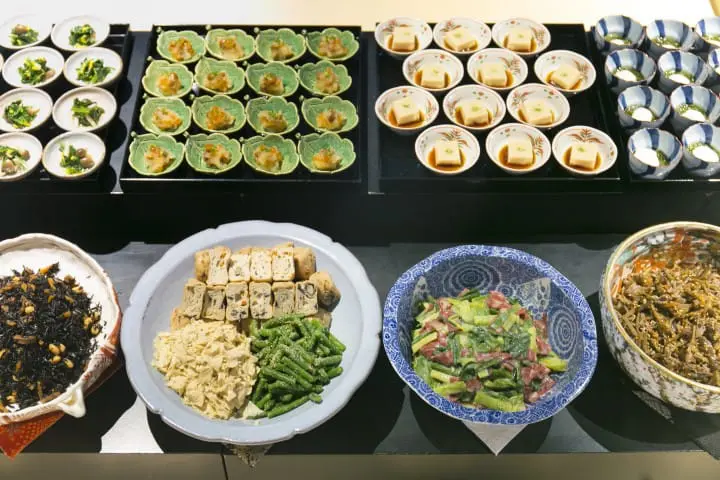
Picture courtesy of IZAMA
At the restaurant, you can enjoy Kyoto-style obanzai (*2) at the buffet (2,400 yen before tax).
There are small dishes such as sauteed hijiki seaweed, scallion nuta (*3) along with buckwheat soba noodles and yuba (*4). Each dish is carefully prepared—all packed with unique Japanese flavors.
Since the meals are served buffet-style, you can try a little bit of everything. Take this opportunity to taste a wide assortment of Japanese breakfast dishes at IZAMA.
*2 Obanzai: Side dishes typically served in homes in Kyoto.
*3 Nuta: Vegetables such as scallions, fish, shellfish and seaweed marinated in miso and vinegar.
*4 Yuba: A thin skin formed on the surface of soymilk when it's boiled down. Frequently used in soups or eaten as-is with soy sauce.
2. One Rice, One Soup: A Balanced Breakfast at Choshoku Kishin Kyoto
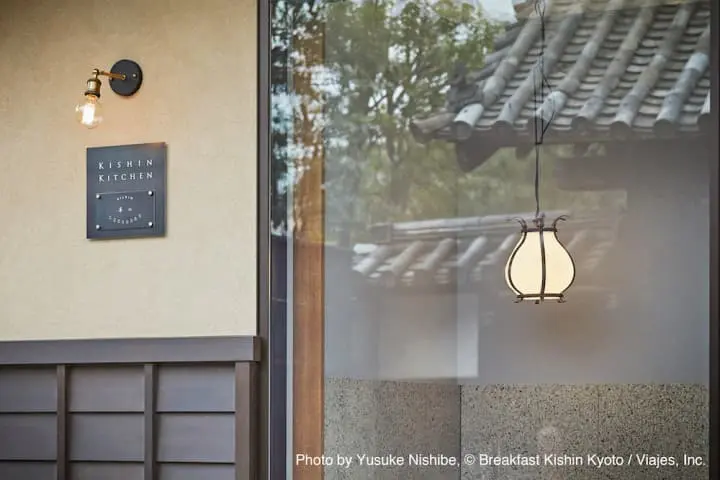
Picture courtesy of Choshoku Kishin
Choshoku Kishin is a restaurant just west of the stone-covered paths of Hanami-koji Street.
The name of the shop derives from a Zen Buddhist teaching: "Eating and cooking are all part of daily practices and a part of life. It is an act that brings joy."
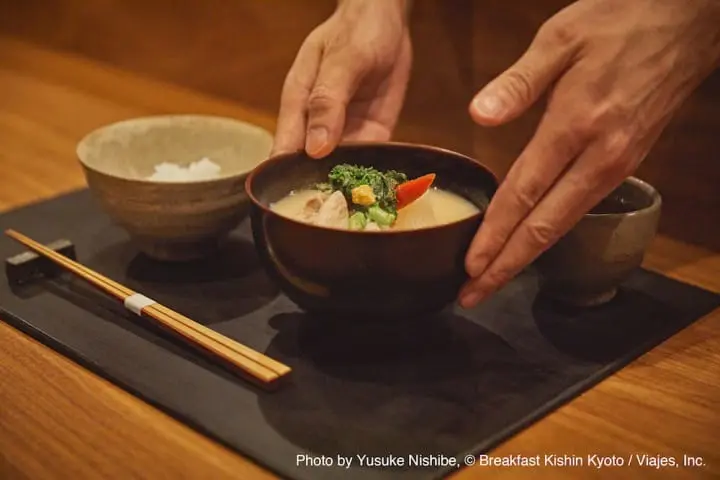
Picture courtesy of Choshoku Kishin
The motto of the shop is "to face food with a sense of happiness."
The "Kishin no Choshoku" meal (2,700 yen with tax) comes with rice cooked in a clay pot along with a selection of three types of soup. Soups such as tonjiru (pork-broth) made with white miso from Kyoto or the summer-limited chilled hiyajiru (*5) soup are available.
On the side are freshly-made yuba, grilled dried round herring, and pickles. The meal looks like an authentic Japanese breakfast.
*5 Hiyajiru: A chilled soup eaten in the summer using dashi broth, miso, and vegetables.
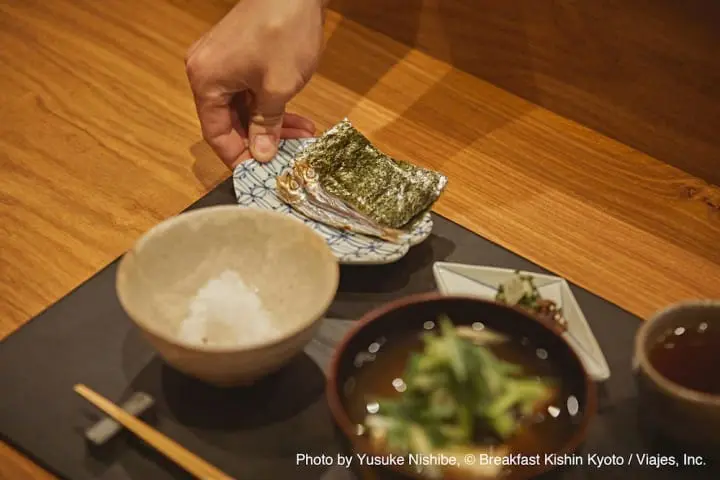
Picture courtesy of Choshoku Kishin
It is open five times between 7:30-8:50, 9:00-10:20, 10:30-11:50, 12:00-13:20, 13:30-14:50. Reservations are prioritized, so it's advised to reserve in advance to secure a spot. While the dishes are simple in taste, you can enjoy the wonderful flavors of Japanese food.
3. Great Access and Budget-Friendly Meals at Kyosaimi Nomura
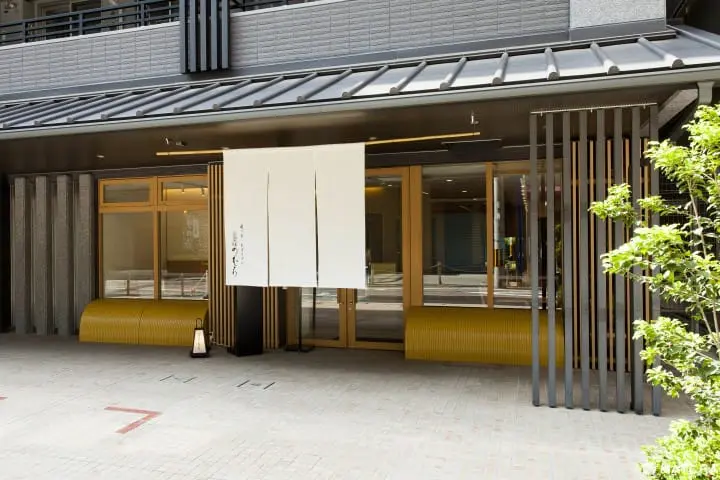
Picture courtesy of Kyosaimi Nomura
Kyosaimi Nomura can be found in the central Karasuma area in Kyoto. There are many hotels, train stations, and bus stops, making it a convenient place to visit during your tour around Kyoto.
You can enjoy breakfast at Kyosaimi Nomura, beginning at 7:00.
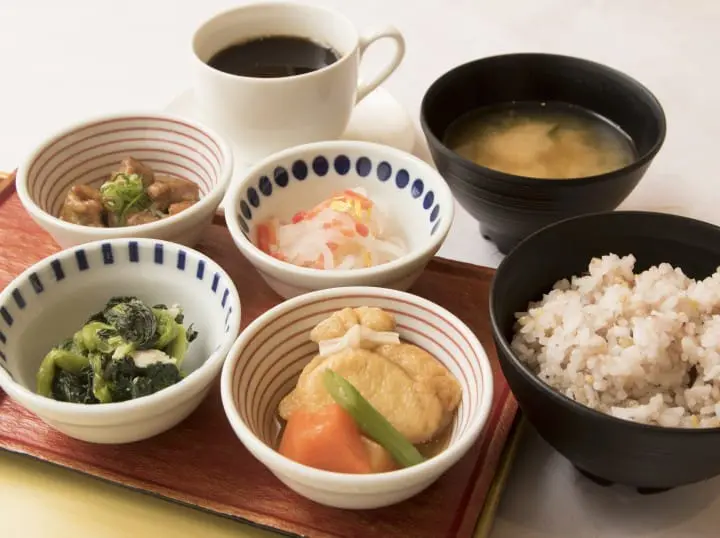
Picture courtesy of Kyosaimi Nomura
The interior is spacious with white walls and wood tones, giving the interior a warm feeling. Here, you can enjoy the Breakfast Obanzai Set for a reasonable price of 620 yen with tax.
Consisting mostly of vegetables, you can select four small obanzai from a selection of the ten dishes of the day. It also comes with white or mixed rice, miso soup, and coffee.
There is also a yuba rice bowl set that is a great dish to start off your morning.
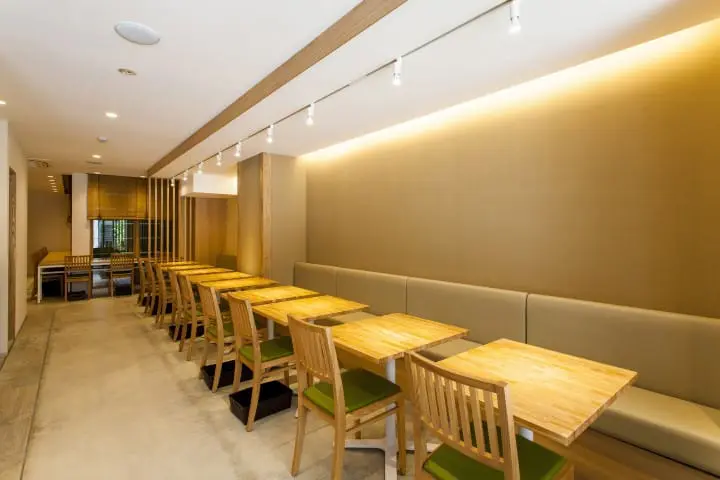
Picture courtesy of Kyosaimi Nomura
Have a delicious breakfast with tasty obanzai dishes for a reasonable price!
4. Authentic Japanese Home-Style Breakfast at Rojiusagi
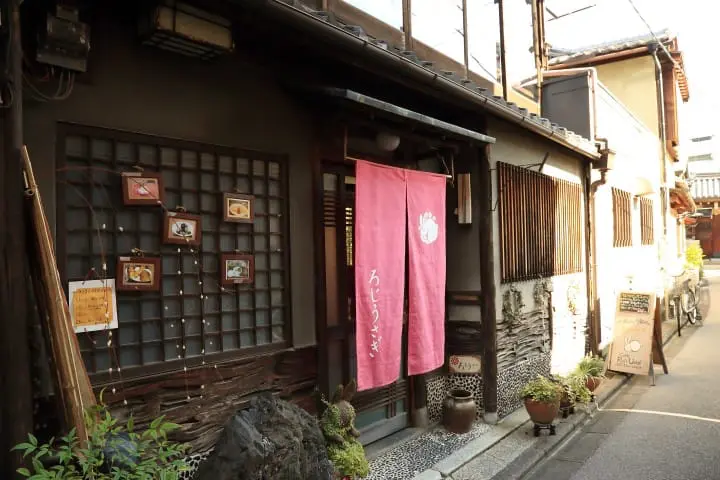
Picture courtesy of Rojiusagi
Rojiusagi can be found near the Kamogawa River, just southeast of Shijo Kawaramachi where the famous department store Takashimaya stands.
This restaurant is inside a cute machiya townhouse that has been renovated.
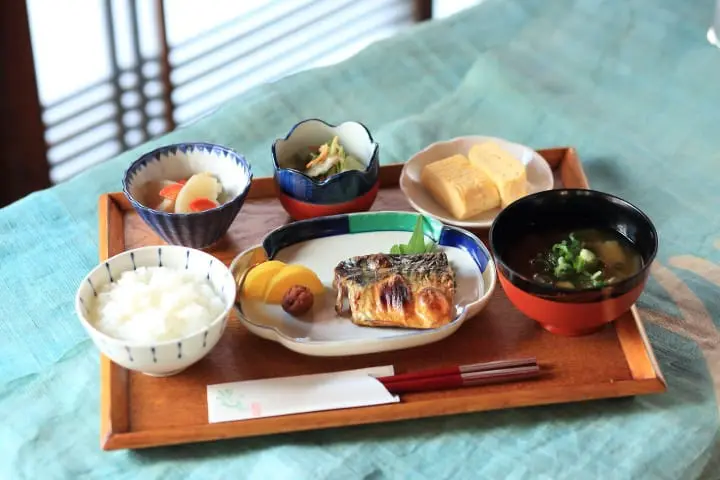
Picture courtesy of Rojiusagi
Like a typical Japanese household, you first enter the restaurant by removing your shoes. This way, you can enjoy a meal on a tatami matted floor.
Guests can choose from two types of breakfast menus.
One of them is the Kyoto Breakfast (900 yen with tax) that has grilled or stewed fish, two small side dishes, rolled egg omelet, miso soup, and pickles.
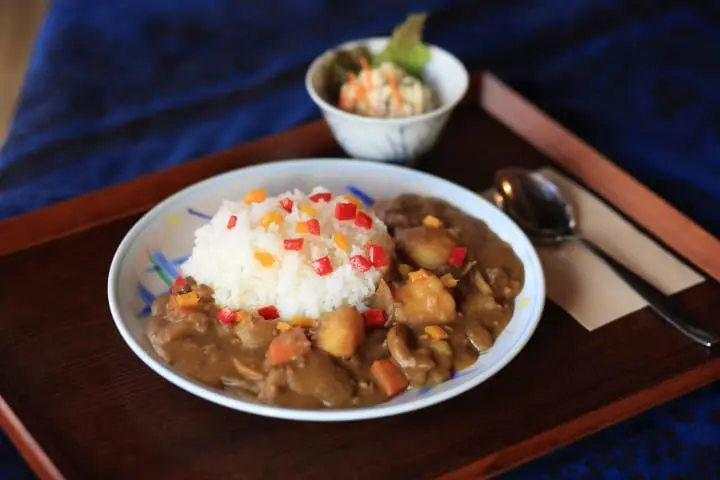
Picture courtesy of Rojiusagi
Another breakfast is the Rojiusa Curry (900 yen). It's a scrumptious homemade curry with plenty of vegetables.
Enjoy some leisure time relaxing inside a Kyoto townhouse while savoring heartwarming dishes.
FAQ
What is the most popular breakfast in Japan?
A traditional Japanese breakfast, known as "asagohan," is a popular choice and typically comprises a balanced selection of dishes. This meal often includes steamed white rice, miso soup, grilled fish like salmon or mackerel, natto (fermented soybeans), and pickled vegetables known as tsukemono. Additional components may feature tamagoyaki (rolled omelette), nori (seaweed), and various toppings to offer a diverse array of flavors, textures, and nutrients. Reflecting Japan's culinary traditions and emphasis on a healthy diet, the combination of these breakfast elements provides a wholesome and satisfying start to the day for many Japanese individuals.
What food is Kyoto best known for?
Kyoto, a cultural hub in Japan, is renowned for its traditional culinary offerings. Kaiseki Ryori, the epitome of Japanese haute cuisine, shines in Kyoto with its seasonal and meticulously presented multi-course meals. Yudofu, a simple yet delicious dish of simmered tofu in kombu broth, reflects the city's emphasis on quality ingredients and subtle flavors. Obanzai, Kyoto's home cooking style, showcases small, seasonal dishes using local produce, embodying the essence of Kyoto's culinary heritage. Yatsuhashi, a beloved sweet made of cinnamon-flavored mochi, and Kyoto's famed matcha production add to the city's gastronomic allure. Through these delicacies, Kyoto stands as a culinary haven, blending tradition, quality, and refinement in its diverse food offerings.
How much is breakfast in Japan?
The cost of breakfast in Japan can vary significantly depending on the type of meal, where it is purchased, and the dining establishment. On average, a simple breakfast at a local café or bakery might cost around 300 to 800 yen (approximately $3 to $8 USD). A more substantial traditional Japanese breakfast at a hotel or ryokan (traditional inn) known for their elaborate breakfast spreads could range from 1,000 to 3,000 yen (approximately $10 to $30 USD) or more. Prices can also be higher in tourist areas or upscale restaurants. Convenience stores and fast-food chains offer more budget-friendly breakfast options starting from as low as 100 to 500 yen (approximately $1 to $5 USD). Ultimately, the cost of breakfast in Japan can vary based on the location, type of meal, and the dining establishment you choose.
What time do the Japanese eat breakfast?
In Japan, breakfast is typically eaten in the morning hours, with timing varying based on individual schedules and cultural norms. Many families and individuals aim to have breakfast shortly after waking up, often between 7:00 AM to 9:00 AM on weekdays.
In a traditional Japanese setting, breakfast could be enjoyed earlier, especially in ryokans (traditional inns) where breakfast service might start as early as 6:00 AM to accommodate guests before they begin their day.
Businesses and schools have set schedules that may influence breakfast times, with some offices or schools having breakfast options available or allowing employees/students to eat their own breakfast at their desks before official work or study hours begin.
Overall, the timing of breakfast in Japan aligns with the early morning routine, providing a nutritious start to the day before commencing daily activities.
What is a Japanese breakfast set called?
A typical Japanese breakfast set is often referred to as "朝食セット" (choushoku setto) in Japanese. This breakfast set typically includes a combination of dishes that form a balanced and traditional morning meal, incorporating elements like rice, miso soup, grilled fish, natto, eggs (such as tamagoyaki), pickles, and sometimes fruit or salad. This set meal reflects the customary components of a Japanese breakfast that cater to a variety of tastes and nutritional needs, offering a well-rounded start to the day.
Why is Japanese breakfast so healthy?
The inherent healthiness of a Japanese breakfast stems from various factors that contribute to its nutritional value and balance. A typical Japanese breakfast is characterized by its diversity of food groups, including rice, protein sources like fish or tofu, vegetables, and fermented foods such as miso and natto, ensuring a well-rounded meal rich in essential nutrients. The emphasis on fresh, seasonal, and locally sourced ingredients, along with healthier cooking methods and portion control, results in meals that are low in added sugars and unhealthy fats. Japanese breakfasts are nutrient-dense, offering vitamins, minerals, and antioxidants from ingredients like fish, seaweed, and tofu. Additionally, the cultural focus on health and well-being permeates meal choices and preparation, aligning with the principles of a balanced diet and promoting overall wellness through food.
Let's Enjoy a Delicious Japanese Breakfast
While on vacation, many travelers tend to have a simple breakfast at the hotel.
If you're visiting Kyoto, be sure to try the traditional Japanese-style breakfasts introduced in this article for a memorable experience during your stay?
In cooperation with IZAMA, Choshoku Kishin, Kyosaimi Nomura, Rojiusagi
Main picture courtesy of Rojiusagi
京都在住のアラサー女子。カフェ巡りと紙モノ集めが趣味。 食べることがだいすきです。









































![[Kagoshima] Overcoming 12 Years of Hardship: Walking through Minamisatsuma City, the sacred land where the monk Ganjin landed](https://resources.matcha-jp.com/resize/720x2000/2026/02/21-259481.webp)
